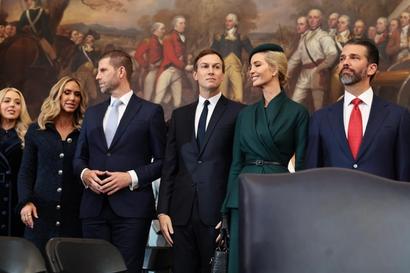
Business -- 2 months ago

In September, Michael Gove, the 57-year-old former Lord High Chancellor of Great Britain, notorious back-bencher and political chocolate tea pot, was offered the role of editor at the right-leaning British weekly The Spectator.
Discover the perks of being a member
| Clubhouse Membership | |
|---|---|
| Two Magazines per yearDelivered to your door | |
| Full Access to Paywall contentAccess to all member-only online features | |
| Membership Cardto redeem all the perks. | |
| Members Invites to Exclusive Eventsto private Clubhouse events | |
| Weekly newsletter Straight to your inbox | |
To receive the latest in style, watches, cars and luxury news, plus receive great offers from the world’s greatest brands every Friday.
